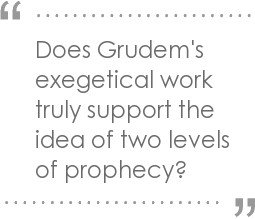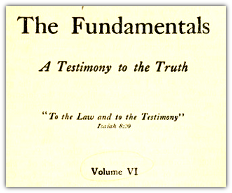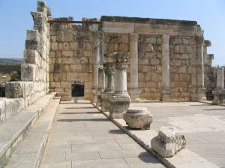The Harmful Teaching of Wives as their Husbands' Porn Stars
Body
There is “a much healthier dynamic for both husbands and wives. The crushing expectations that accompany an addiction to pornography need to be dealt with separately from the marriage bed…” Practical Theology for Women
 (Originally posted in April of 2011)
(Originally posted in April of 2011) (
(
 Reprinted with permission from
Reprinted with permission from 
Discussion